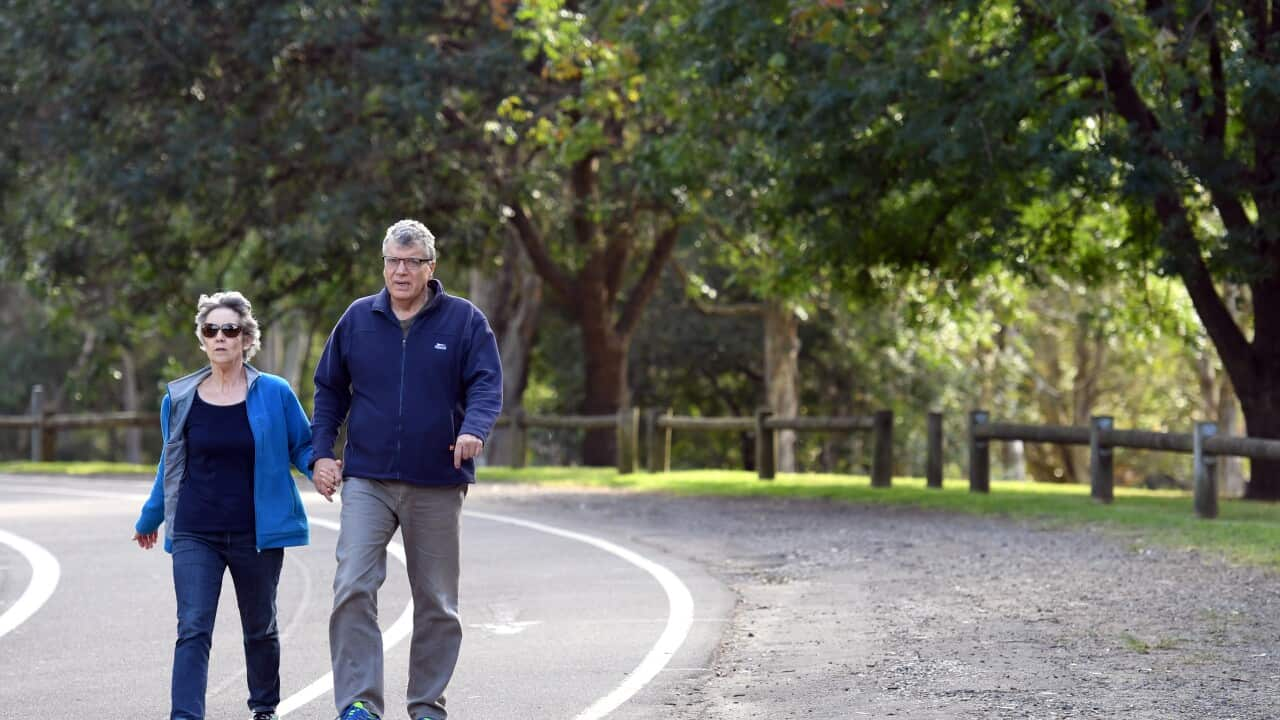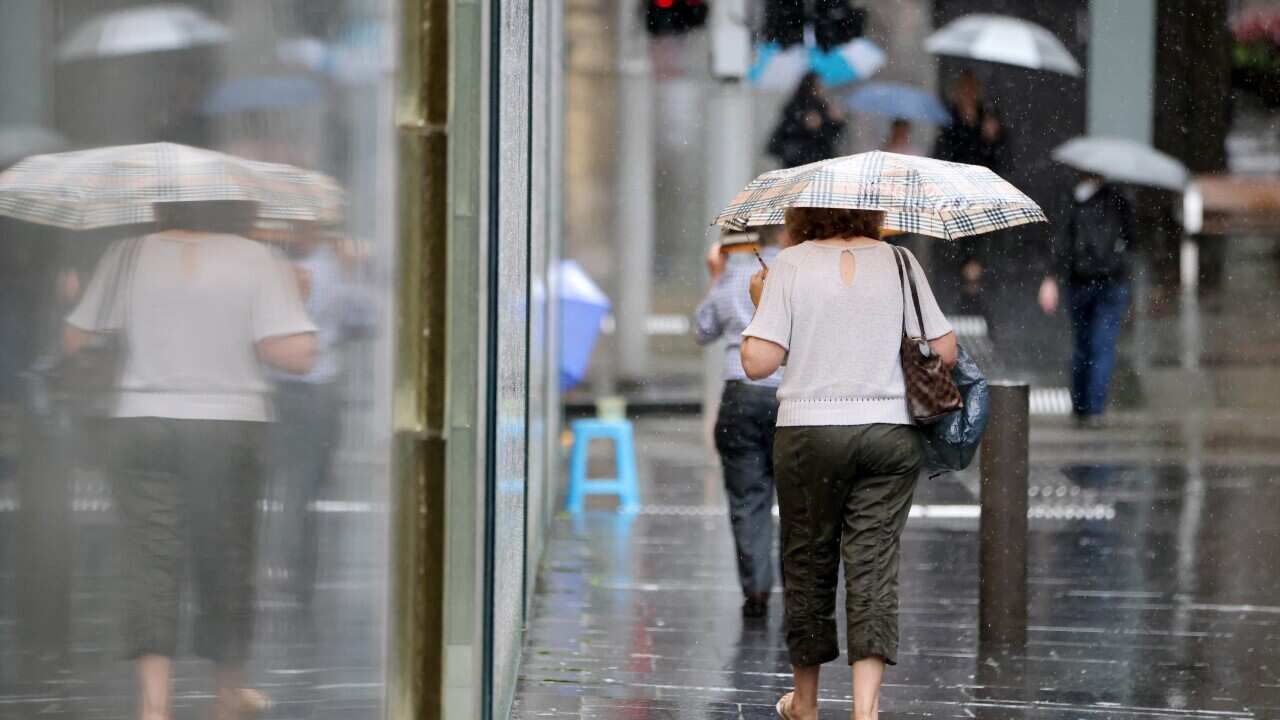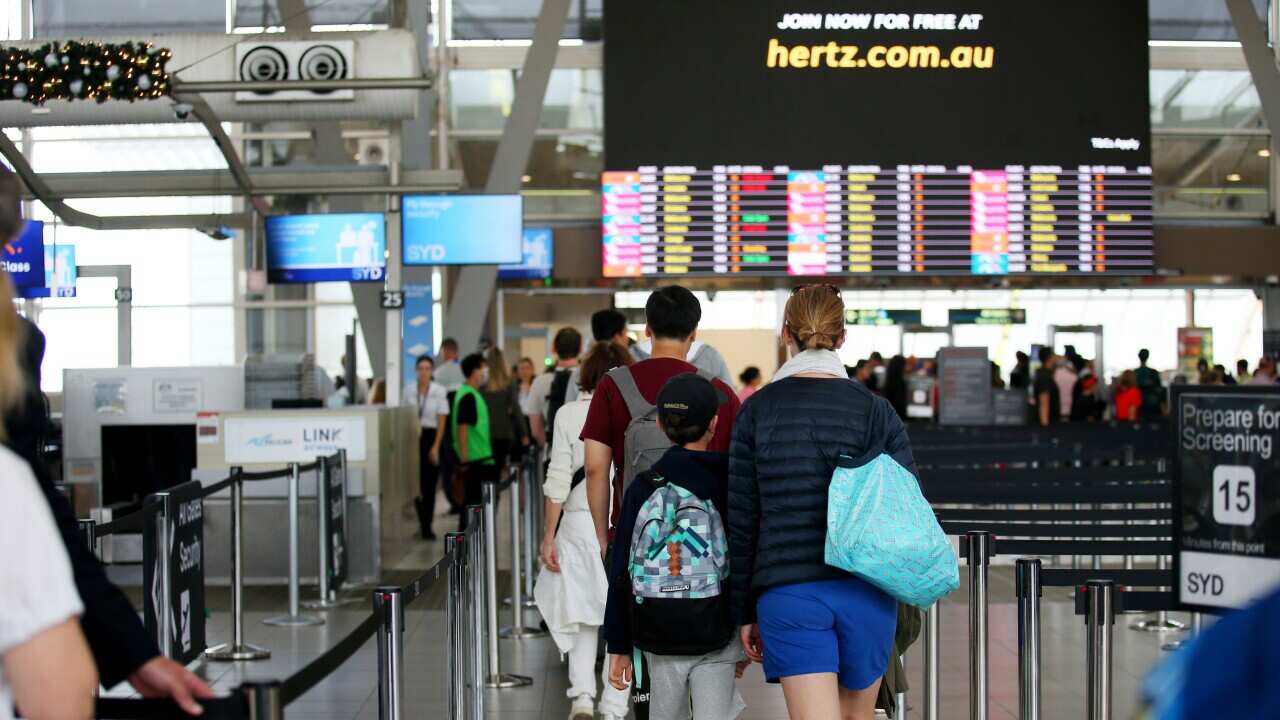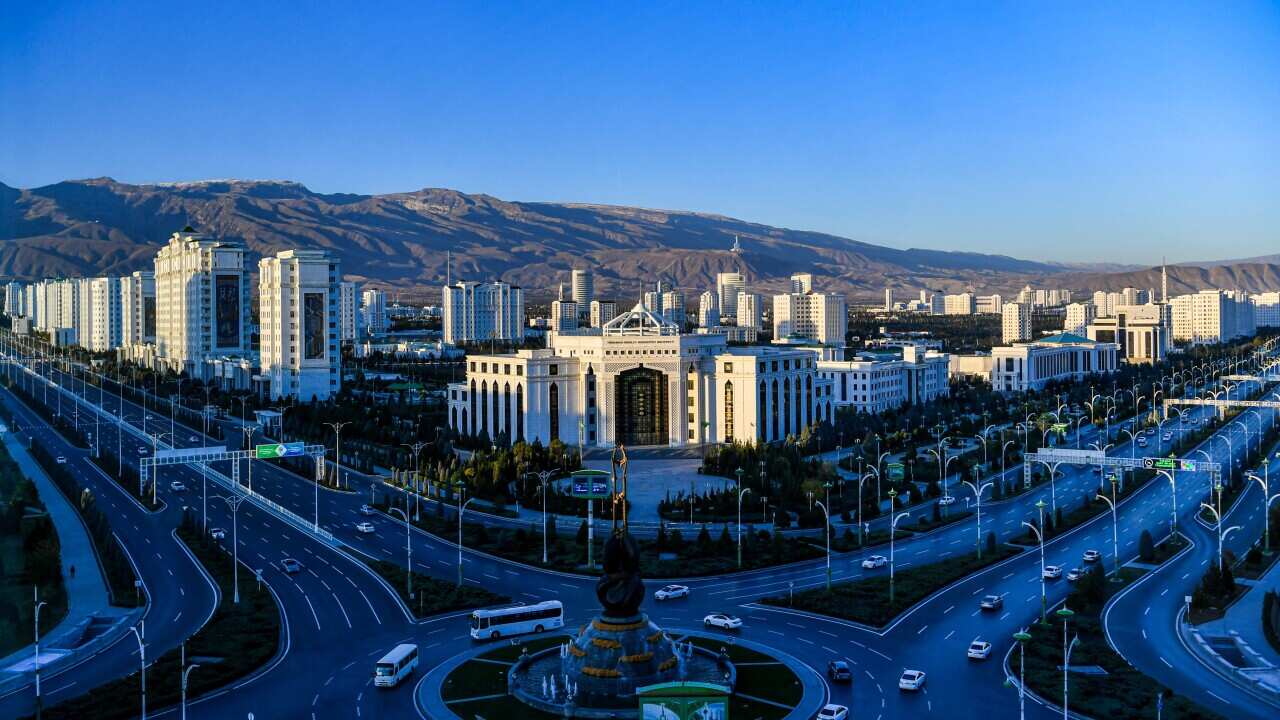Australian political parties should introduce a target for the number of non-white candidates promoted in winnable seats to improve the lack of racial diversity in Parliament, a new policy paper has argued.
The document, published by the China Matters think tank on Tuesday, also said Chinese-Australians are in many cases being barred from entering leadership positions due to public belief that they are influenced by the Chinese Communist Party.
Australia currently lags behind countries with similar political systems - the United Kingdom, Canada and New Zealand - when it comes to racial diversity in politics, the paper said, but added that the full extent of the under-representation was unknown due to a lack of data.
Author of the report, Per Capita think tank research fellow Osmond Chiu, told SBS News one of the biggest barriers to increasing diversity in politics was a lack of data tracking the problem. “Political parties broadly don’t collect information on the cultural diversity of their parties,” he said. “We are at a point where we don’t even have the data to say how underrepresented we are.”
“Political parties broadly don’t collect information on the cultural diversity of their parties,” he said. “We are at a point where we don’t even have the data to say how underrepresented we are.”

Per Capita think tank research fellow Osmond Chiu. Source: SBS News
Mr Chiu argued that less than four per cent of Australian federal MPs were currently from non-Anglo or European backgrounds, compared to approximately 15 per cent in Canada, and close to 10 per cent in the United Kingdom and New Zealand.
When it comes to the cabinet, only one representative is of non-Anglo or European heritage - Minister for Indigenous Australians Ken Wyatt.
But approximately 24 per cent of Australia’s population come from a non-European background, including Indigenous Australians who account for about three per cent, according to the Australian Human Rights Commission’s Leading the Change report.
To remedy the deficit in politicians from culturally and linguistically diverse backgrounds (CALD), Mr Chiu recommended that political parties adopt a 20 per cent target for non-white candidates. “We actually have to set some goals, because if you don’t have goals you are not going to be able to drive the change,” he said.
“We actually have to set some goals, because if you don’t have goals you are not going to be able to drive the change,” he said.

Jieh-Yung Lo speaking at the last year's inaugural Asian-Australian Leadership Summit. Source: Supplied
“It’s about normalising this idea of having people from diverse backgrounds in politics.”
Crucially, he said these candidates should put in winnable seats to ensure the measures are more than box-ticking.
“Preselection processes should be halted if no genuine attempt is made to find diverse candidates,” the paper read.
Chinese-Australian writer and former deputy mayor of the City of Monash, Jieh-Yung Lo, agreed there was a problem with “tokenism” in Australian politics, where candidates from CALD backgrounds were allowed to run, but only in the upper house or seats where the party didn’t have a likelihood of winning.
“For so long, for so many years Asian-Australians and Chinese-Australians have been treated as walking ATMs and cash cows for fundraising purposes,” he said.
“When it comes to cultural diversity and multiculturalism, we need to get beyond the fringes of festival and food. We need political parties to actually step up and preselect more Australians of multicultural backgrounds.
Mr Lo, who quit politics due to frustrations with an anti-Chinese sentiment, said he agreed with introducing measurable targets for racial diversity.
“Unless you see people that look like you in positions of power and influence, we can never brush away those stereotypes and differences,” he said. “We’re a multicultural country with mono-cultural institutions.”
Asian-Australians account for approximately 14.7 per cent of the non-European population, with people of Chinese heritage making up 5.6 per cent, according to data from the Leading the Change report.
Mr Chiu said Chinese-Australians faced additional barriers to entering politics, despite Australia’s significant Chinese community, due to fears about foreign influence and possible links to the Chinese Communist Party.
Last year, after she said she could not recall whether she was a member of a Chinese government organisation and struggled to answer questions about China’s actions in the South China Sea.
“Chinese-Australians involved in political parties are really feeling it, they feel this intense scrutiny just based on the fact that they are Chinese-Australians, not what they’ve actually done,” Mr Chiu said.
Mr Lo, who recounted stories of Chinese-Australian political party members being accused of spying at meetings, said the best way to combat the risk of foreign interference is to ensure the Chinese-Australian community feels included in political life.
“By driving Chinese Australians away from our political system, we are effectively marginalising them even more and that actually makes them more vulnerable to foreign interference,” he said.
“I hope that one day we can see a parliament that genuinely reflects the community.”
In response to questions on the paper, a Liberal Party spokesperson told SBS News that their "MPs, Senators and candidates represent diverse cultural backgrounds".
"Our sitting MPs and Senators include those with family heritages (but not citizenship) from the following countries: Italy, Greece, India, Singapore, China, Germany, The Netherlands, Lebanon, Norway, the former Yugoslavia, Sweden, the United States, South Africa, New Zealand, Austria, the United Kingdom, France and others," they said.
The Australian Labor Party and the Australian Greens were also contacted for comment.









